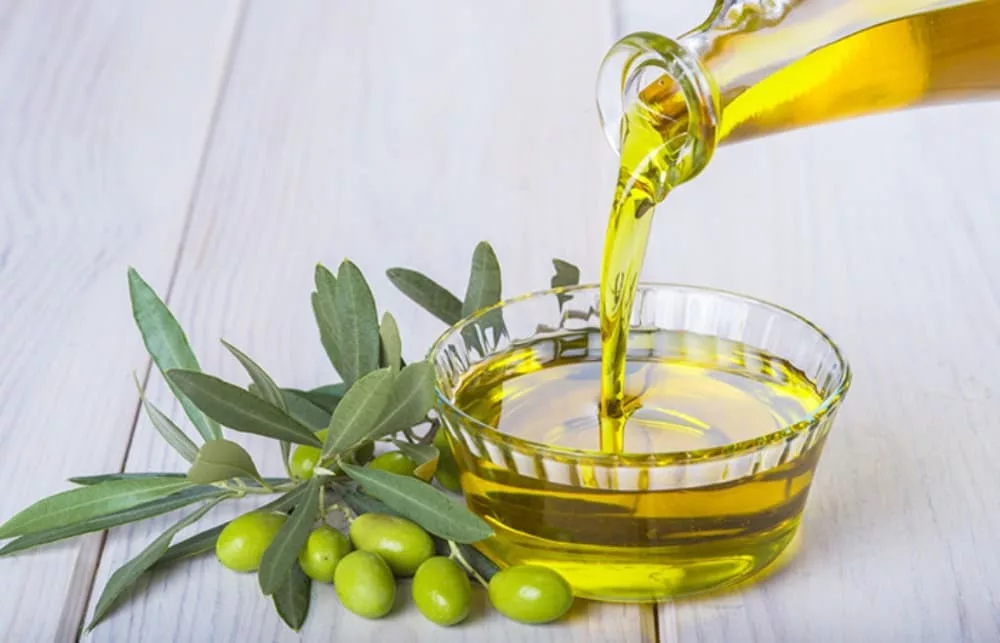
Not all kind of olive oil is good for health
In the recent past, the popularity and demand of olive oil has surged across the world. The reason being, it is considered as one of the healthiest oil on the planet.
Several studies suggest that olive oil is good for health, helps in losing weight and can also decrease the risk of a heart attack. Olive oil is also an important part of the Mediterranean diet, which is considered the healthiest diet in the world.
There are different types of olive oils available in the market like extra virgin olive oil, virgin olive oil, refined olive oil and olive oil pomace, but not all are considered good for cooking purposes. But, here we reveal the one which should not be used for cooking.
Which one should be avoided
Out of all the different kinds of olive oil available in the market, extra virgin oil is not recommended for cooking. Especially when you are cooking Indian cuisine, where a lot of frying at high flame is required.
Why extra virgin olive oil is not good for cooking
Extra virgin olive oil is processed from the pressing of olives and then is packed with numerous bioactive substances, which includes powerful antioxidants and vitamin E.
It helps to fight free radicals that can harm the cells and tissues, causing different kinds of disease. The oil also contains a large amount of monounsaturated fats and some polyunsaturated fatty acids, which are linked with good heart health.
The major downside of using extra virgin olive oil for cooking is that it has a low smoking point. The smoking point of extra virgin oil is around 180°C (355°F)
When any oil reaches its smoke point, it starts breaking down, causing nutrient loss and you may even witness some change in the flavour.







